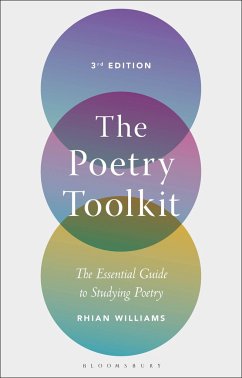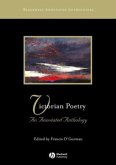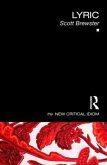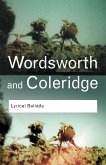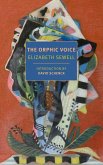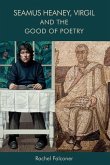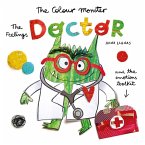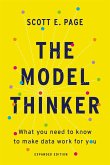Now thoroughly revamped with a diverse selection of poetic voices from the last fifty years, this third edition of Rhian Williams's bestselling book, The Poetry Toolkit guides readers through key terms, genres and concepts that help them to develop a richer, more sophisticated approach to reading, thinking and writing about poetry. Combining an easy-to-use reference format with in-depth practice readings and further exercises, the book helps students master the study of poetry for themselves. As well as featuring more contemporary voices, the 3rd edition of The Poetry Toolkit includes an expanded practical section giving guidance on close reading, comparative reading and advice on writing critically about poetry. In addition, the book is accompanied by a companion website offering audio recordings of poetry readings, weblinks and overviews of key theoretical approaches to support advanced study. Head to bloomsbury.com/Williams-the-poetry-toolkit for a host of additional resources.
Hinweis: Dieser Artikel kann nur an eine deutsche Lieferadresse ausgeliefert werden.
Hinweis: Dieser Artikel kann nur an eine deutsche Lieferadresse ausgeliefert werden.
This is an inspirational guide to studying poetry, exciting for beginners and experienced readers alike. A tour de force of succinctness, clarity, and adroit cross referencing, it is not only a tour through every conceivable feature a reader could need - from the sonnet form to synloepha, from sesta rima to syllepsis - but an imaginative and arresting exposition of the way poets have used them, whether Dante or David Jones, Sappho or E E Cummings, Milton or Deryn Rees-Jones. Rhian Williams aims to set readers free by building confidence with genre and form, metre and rhyme, demystifying technicalities and terminology, providing follow up reading, and appealing to curiosity and the sense of experiment. She urges readers to read poems aloud, to listen to sounds, mark rhythms, and imagine themselves inside the poem before moving out to its history and context. After reading this book newcomers to poetry will learn to love reading and writing about it. Isobel Armstrong, FBA and Emeritus Professor of English at Birkbeck, University of London, UK

